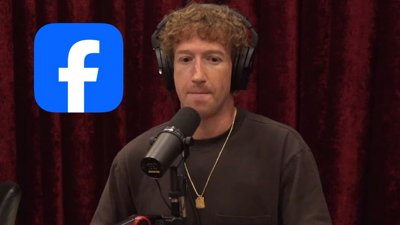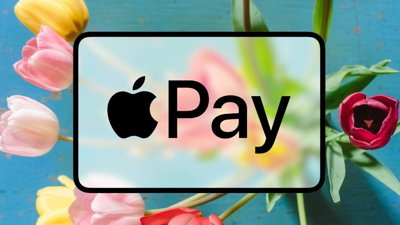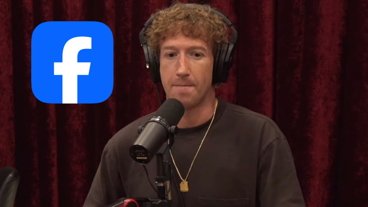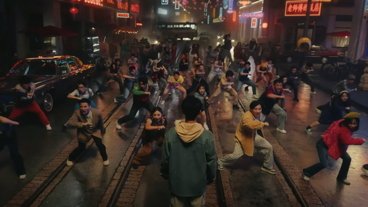The U.S. Supreme Court is asking the Trump administration for opinions on whether it should hear Apple's attempt to dismiss a years-long class-action lawsuit, which claims the company has inflated App Store prices by charging developers a 30 percent commission and blocking sales elsewhere.
The company is hoping to overturn a 9th Circuit Court of Appeals ruling that allowed the suit to proceed and rejected Apple's position that only developers — not consumers — have the legal standing to file such an action, Reuters said. The Supreme Court's advice will come by way of the Justice Department.
The case dates back to 2011, and was launched in California by several iPhone buyers who said Apple is monopolizing the sales of apps. Whereas people using macOS, Windows, or Android can get apps outside of official stores, Apple has completely blocked third-party options on iOS, which might otherwise spur price competition.
The 9th Circuit sided with the plaintiffs' argument that while developers are being charged the commission, it's the public that's paying for any inflated prices.
A number of developers have admitted to charging higher prices to compensate for Apple's commission. One of the better-known examples is Spotify, which until recently was charging more for in-app subscriptions than those bought elsewhere. The music service ultimately decided to scrap in-app purchases entirely rather than maintain the discrepancy.
 Roger Fingas
Roger Fingas








 Christine McKee
Christine McKee
 Marko Zivkovic
Marko Zivkovic
 Wesley Hilliard
Wesley Hilliard
 Malcolm Owen
Malcolm Owen


 William Gallagher
William Gallagher


-xl-xl-m.jpg)







58 Comments
Please keep the conversation civil, or you will be banned. Thank you.
I thought the US had separation of powers such that Law and Executive were independent of each other. If so why is the Supreme Court asking the opinion of the President as to whether it should hear a case? Surely it either should or shouldn't based on a matter of law?
Viewed from this side of the pond it looks a little odd.
Comments closing in 3...2...1...
Apple makes the hardware and licenses the software. They allow developers to write and sell software through the App Store. Why do we need multiple app stores when one is enough. I feel comfortable that the apps I download from the Apple App Store do not contain malware. I've read buying through Android app stores is like buying Windows software, you never know what extra things will be included. Apple needs to charge developers so it can maintain the App Store system. Of course most courts haven't the faintest idea how computers work or what's involved in maintaining computer hardware. As far as I'm concerned, Apple has the right to restrict access to its hardware from developers by providing only one way to get applications onto iOS devices. If someone jailbreaks an iOS device, they are breaking the law, although I'm sure courts don't understand that either. I've also read that Amazon takes a healthy cut from every sale they make as well as forcing ebook authors to accept artificially low prices on their books. As we all know, the courts refuse to go after Amazon and Google for all the semi-legal and illegal practices they're getting away with.